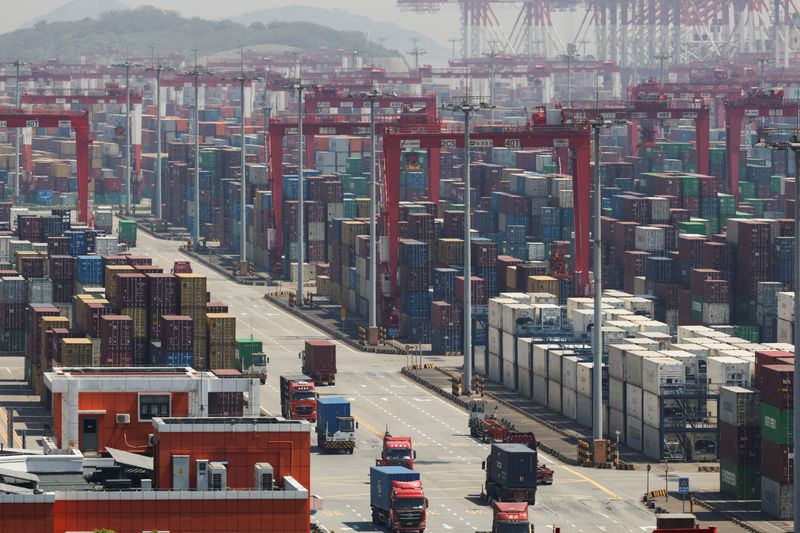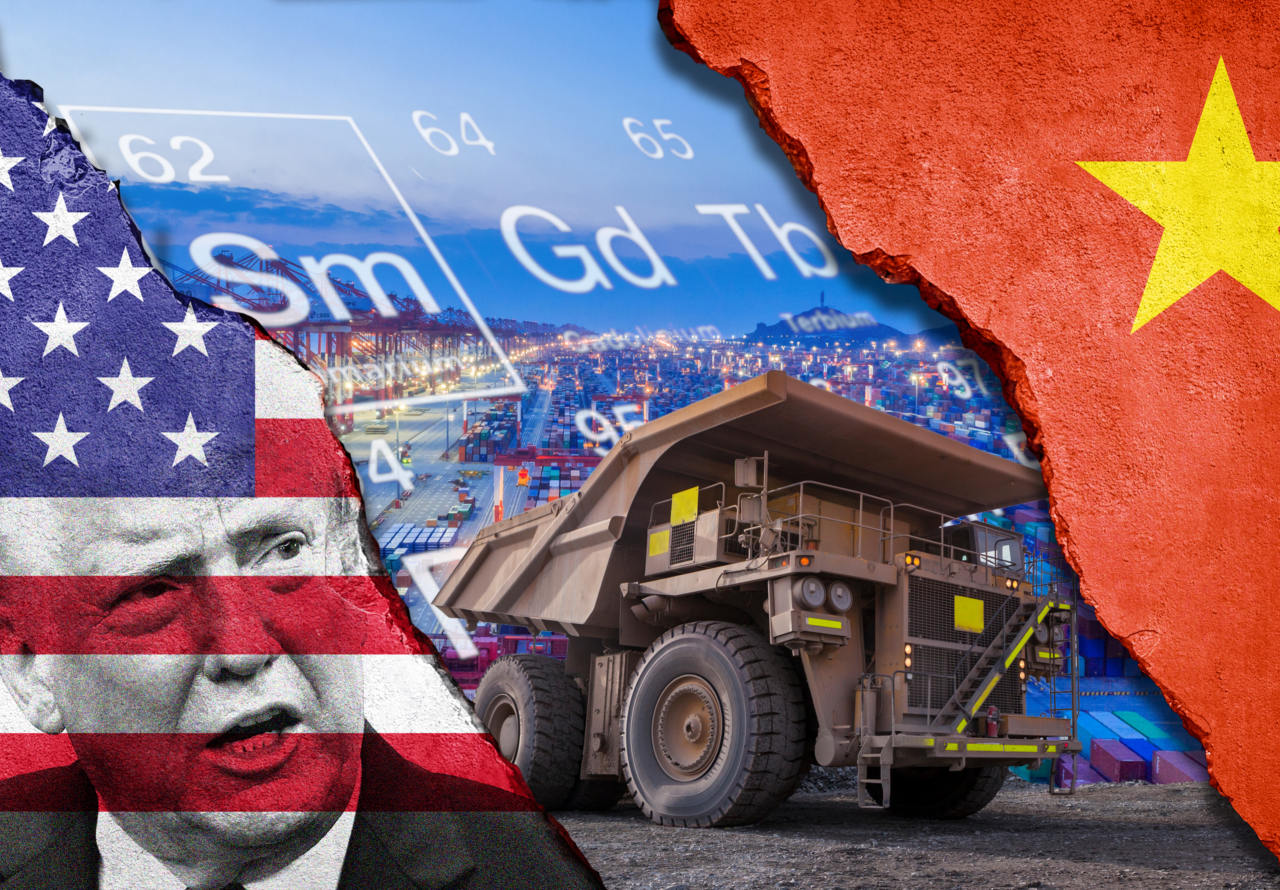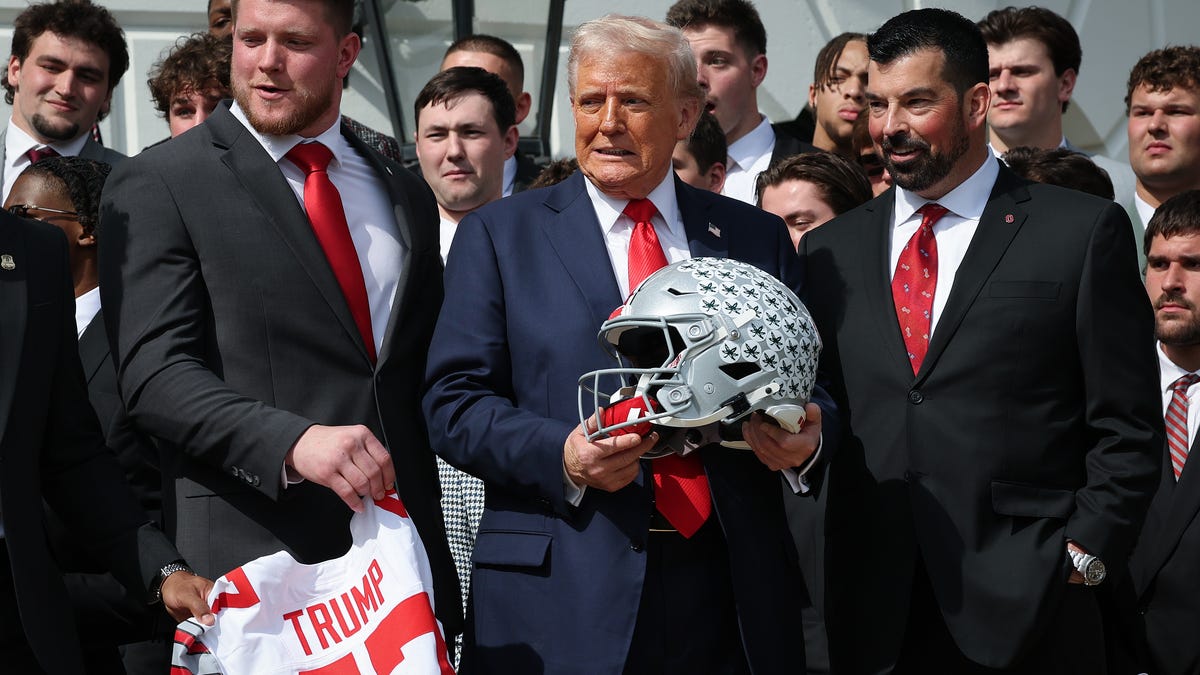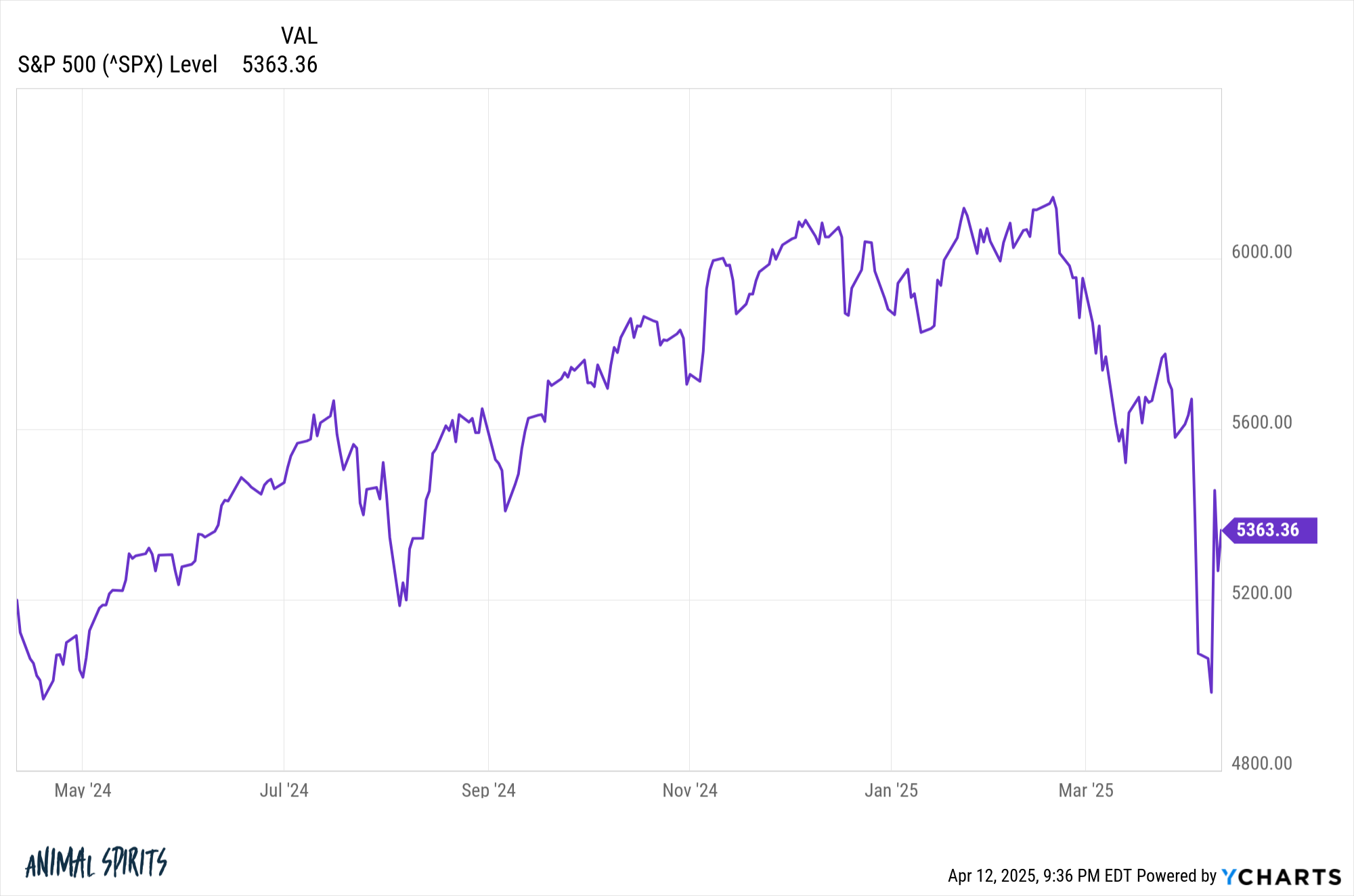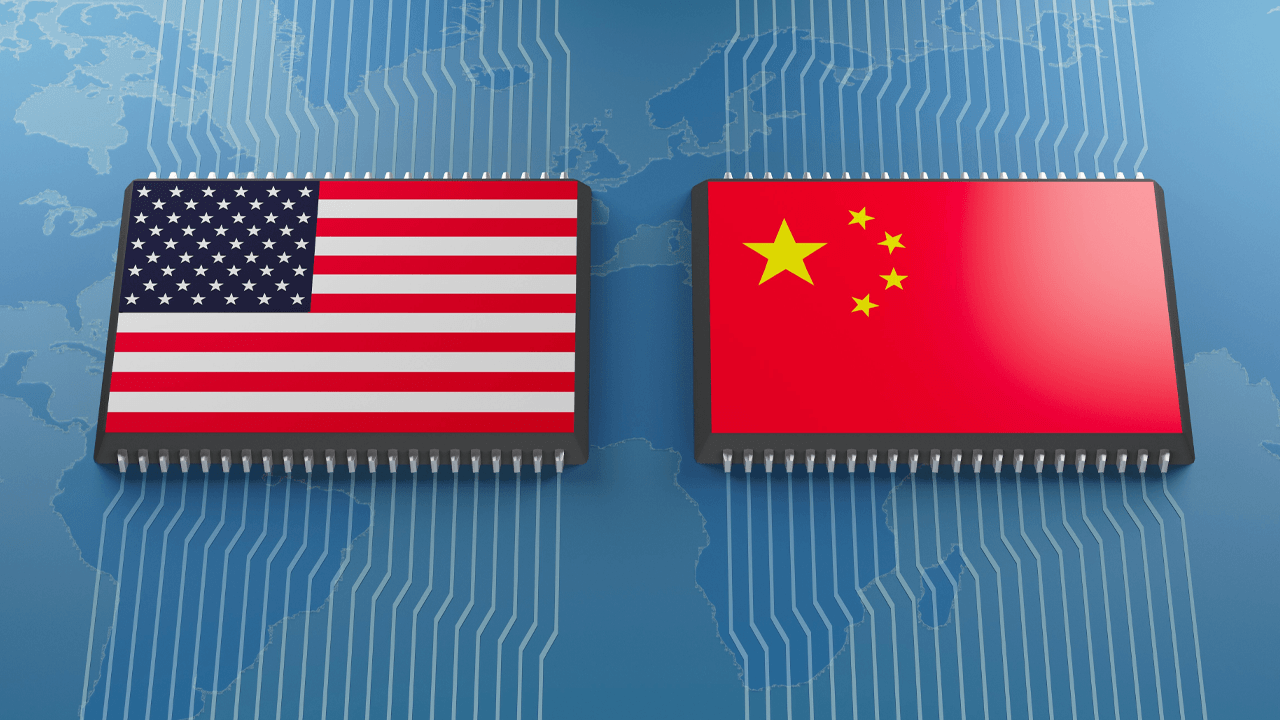Trump’s trade war with China is ‘the end of the era of expanding globalization.’ But it could leave the U.S. worse off because of a major imbalance in key imports
The U.S. has more sectors of the economy that are highly reliant on Chinese imports than the other way around.

- As the U.S. and China move further apart as a result of their burgeoning trade war, they are laying the groundwork for a new system of global trade. However, with the world’s two largest economies distancing themselves, the U.S. may find it's more reliant on China than the other way around, according to Goldman Sachs.
President Donald Trump’s trade war with China could lead to the end of globalization. But it’s not a certainty that the U.S. will emerge as the victor in the new economic world order.
Over the weekend, Trump walked back his announcement for exemptions for certain Chinese imports like smartphones and semiconductors from his new tariff policy. The exemption itself was a previous reversal from his blanket policy of 145% tariffs on all Chinese imports. The new levies on China came alongside Trump’s decision to hold off on the tariffs he had announced on April 2.
It will be difficult for the U.S. to find replacements for Chinese manufacturing parts suppliers.
“The ease with which US importers can substitute away from Chinese suppliers remains a question,” wrote Goldman chief asia-pacific economist Andrew Tilton.
While the on-again, off-again nature of the tariffs implementation has caused significant uncertainty across the global markets, what remains clear is the Trump administration’s desire to redefine the U.S. 's trade relationships with virtually all of its partners.
“The United States appears to be decoupling from the world, and the world may be
decoupling from the United States,” UBS wrote in a note to investors published Friday.
Nowhere is that distancing more apparent than in the U.S.’s hardline stance toward China, which responded with its own tough set of measures. China hit the U.S. with 125% tariffs on its exports.
“The tariffs on China would, over time, effectively sever that trading relationship,” UBS wrote.
If the U.S. and China were to end their trade relationships, it would signal “the end of the era of expanding globalization” in which the two countries sought new trading partners, according to UBS.
“An era of free trade is being replaced by something new,” UBS wrote. “We have been talking for nearly a decade about the winding down of this multi-decade long era.”
Despite rising tensions, the U.S. and China still have major trade relations. China is the U.S.’s third-largest trading partner. Total trade between the two countries amounted to $582 billion in 2024, according to the Office of the U.S. Trade Representative.
But a separation of the U.S. and China would not have equal effects because the U.S. relies on China more than China relies on the U.S. for imports, according to a Goldman Sachs analysis. Chinese imports to the U.S. make up 14% of total imports. Meanwhile, U.S. exports to China make up only 6% of total Chinese imports.
Certain product categories are heavily dependent on imports from the other. However, the U.S. has more products that are reliant on Chinese imports than the other way around. That means the U.S. has a highly concentrated supply chain for certain imported goods that come from China. Goods where China accounts for 70% or more of the U.S. supply account for 36% of total U.S. imports from China, according to Goldman Sachs. On the other hand, only about 10% of China’s imports from the U.S. exceed the same 70% threshold. The U.S.’s 36% amounts to roughly $158 billion worth of goods, while China’s 10% only totals $14 billion.
“This difference suggests greater supply chain vulnerability for US consumers facing tariff disruptions compared to their Chinese counterparts,” Tilton said in his report.
Goldman’s analysis found that for the U.S., the majority of those China-reliant categories are finished consumer goods like phones and toys. China, meanwhile, depends on the U.S. for more complex products like aircraft and spacecraft.
The trade war between China and the U.S. will have ripple effects across the world. Both countries could look for allies to negotiate with as a bloc against each other. Certain countries could establish themselves as middlemen to curry tariff-free goods between the two. Regardless of the specifics, the changes to both China and the U.S.’s supply chains will be inevitable, Goldman forecasts.
“The key question isn’t whether substitution will occur but rather the degree and speed of adjustment,” Tilton wrote.
This story was originally featured on Fortune.com



